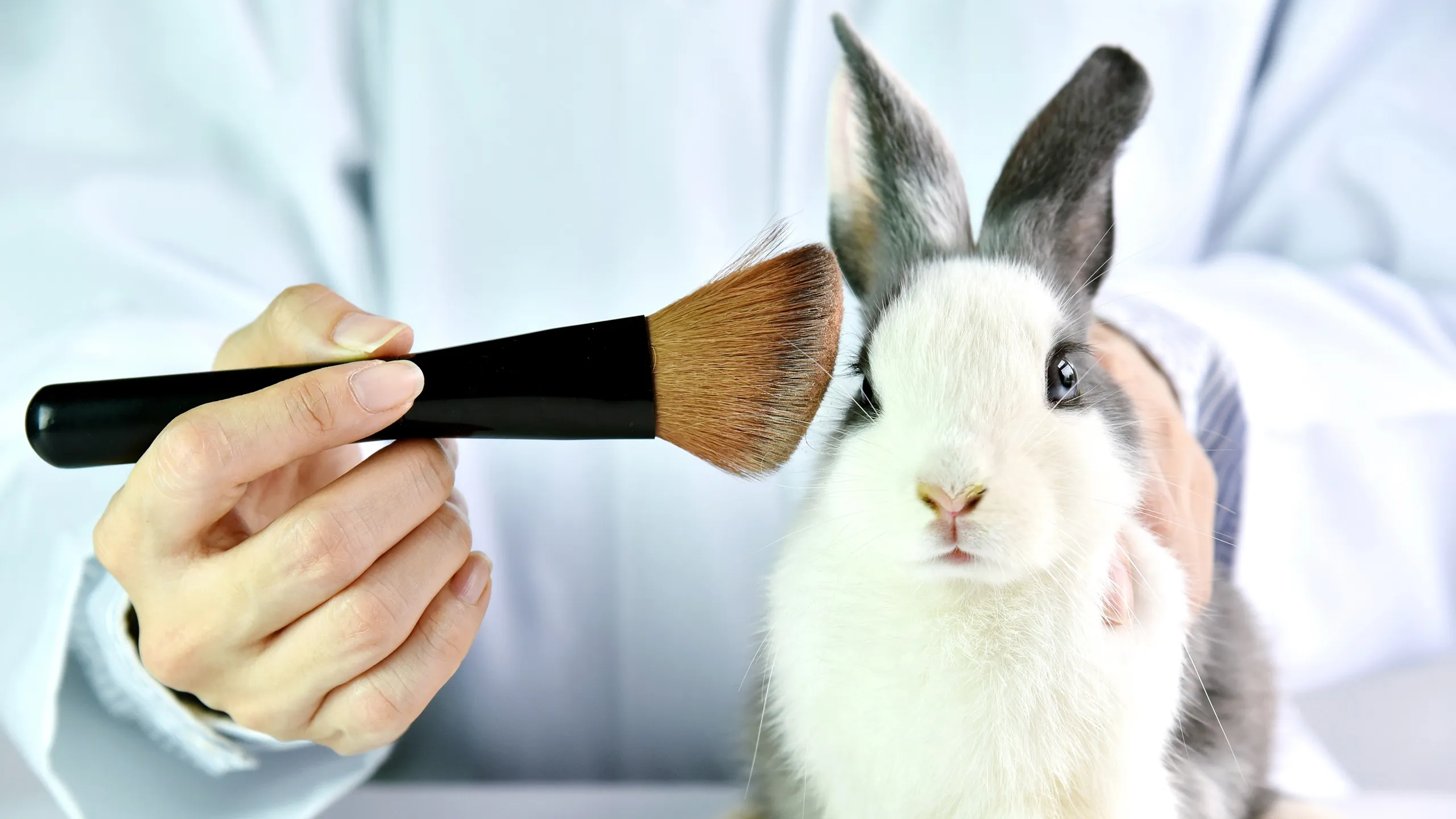Arizona lawmakers are moving to take cosmetics developed with animal testing off the market.
Without discussion, the Senate on Monday gave preliminary approval to legislation that would make it illegal for a manufacturer to knowingly sell or offer to sell any cosmetic if animal testing was used to make it. Violators would be subject to a penalty of $1,000 for the first day of violation and $500 a day for every day thereafter.
But the wording of SB 1031, which now needs a roll call vote, does not mean all those cosmetics will suddenly disappear.
One exception is when animal testing is conducted outside of the United States and is required by a foreign regulatory agency. Also permitted are tests on animals done with a chemical that is not specifically designed to be part of a cosmetic.
And there is a broader catch-all exemption.
The measure sponsored by Sen. John Kavanagh, R-Fountain Hills, would still permit testing if requested, required, or conducted by a federal or state regulatory agency if there is no way to test it for serious adverse human health risks without using animals.
It is unclear how wide a loophole all of this creates. However, not a single cosmetics industry lobbyist testified against the measure when it was heard last month in the Senate Committee on Natural Resources.
Kavanagh said one reason for this is that the practice of animal testing has become out of favor among many cosmetic companies.
“It really gives the industry a bad name,” he said.
What lawmakers did hear were arguments by proponents on why legislation is needed.
One was Jordan Sucato, a 16-year-old Phoenix resident who was named Time Magazine’s Kid of the Year in 2024. She earned this honor through her work with Laws for Paws, a nonprofit company specifically designed to protect dogs’ feet from hot pavement in the Arizona desert.
“This legislation represents a crucial step forward in protecting animals from unnecessary harm and suffering,” Sucato told lawmakers. “Animal testing for cosmetic purposes is outdated and unnecessary in an era where safer, more effective alternatives exist.”
That, she said, includes what amounts to artificial tissue that can mimic the reaction of human skin.
She described how mice, rabbits and guinea pigs have compounds applied to bare skin or dripped into their eyes, often without anesthesia.
“This level of suffering is unjustifiable for the sake of beauty products,” Sucato said.
Karen Michael, a member of the board of the Animal Defense League of Arizona and the Humane Voters of Arizona, also supported the measure. She said 12 other states and 45 other countries have already enacted similar legislation.
Michael said the exceptions would still allow companies to meet federal, state or foreign requirements.
She also pointed out that the proposal is prospective only, affecting only cosmetics manufactured after the end of 2025. That means existing products already on the market in Arizona could continue to be sold as long as no new testing begins in 2026.
Not everyone appeared to be convinced that a new law is necessary.
Sen. Frank Carroll, R-Sun City West, said if consumers don’t want cosmetics that have been developed using animal testing, they can make that choice themselves.
How easy it is to get that information, however, remains unclear.
Some companies openly promote on labels that their products were developed without animal testing. But getting a list may not be easy.
“There’s several organizations that have seals on products that are humane, that have not had cosmetic testing on animals,” Michael said. “Any consumer can find out which cosmetics have been tested on animals and which have not.”
That, however, may not be easy to find.
On its website, the People for Ethical Treatment of Animals states that some companies that claim to not test on animals in the United States still pay for testing in China, where such experiments are required for many cosmetics.
In the end, Carroll and Senate Majority Leader Janae Shamp, R-Surprise, voted against the legislation when it cleared the Natural Resources Committee.
Neither explained their opposition.





